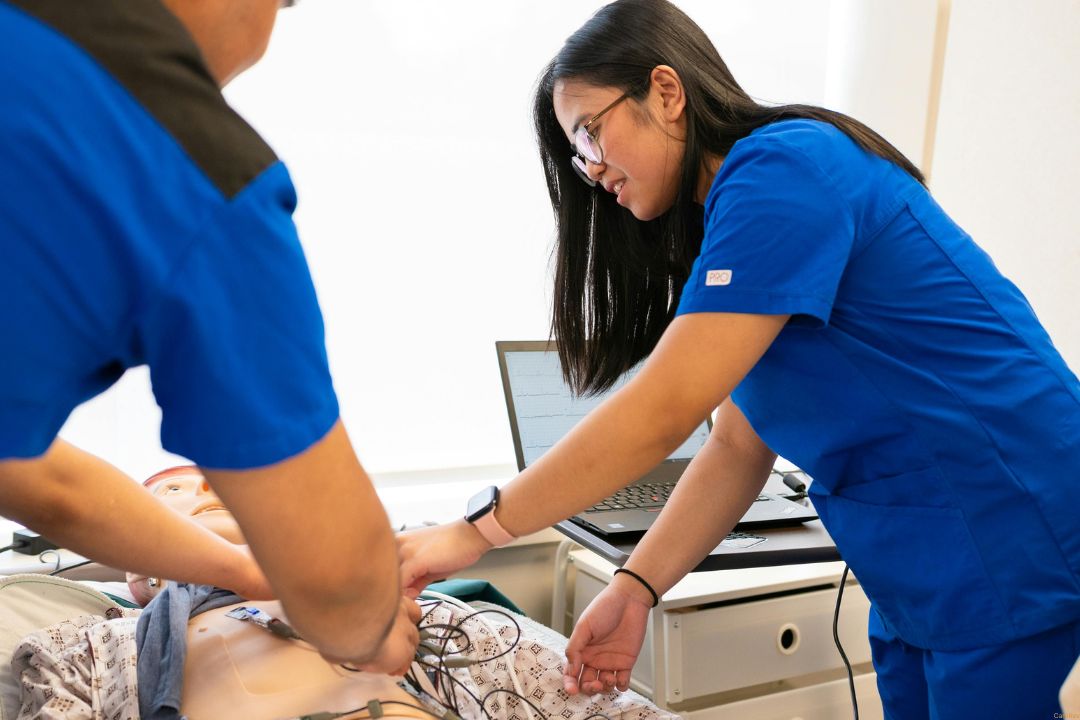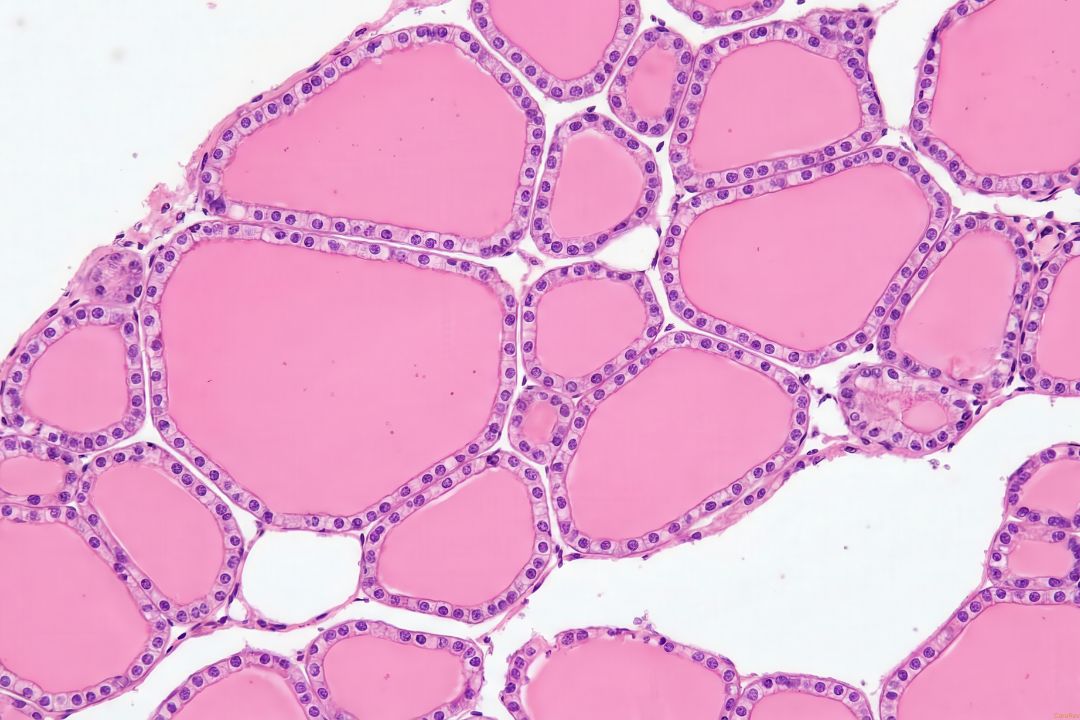
In the face of a growing demand for highly educated nurses and an evolving healthcare landscape, many professionals from non-nursing backgrounds are seeking fast, effective ways to transition into nursing. One popular pathway is the Master’s Entry Program in Nursing (MEPN). Designed for individuals who already hold a non-nursing bachelor’s degree, MEPN programs offer an accelerated route to becoming a registered nurse (RN) while simultaneously earning a master’s degree.
If you’re a career changer with a passion for patient care, or a healthcare professional looking to shift roles, MEPN could be the perfect fit. In this post, we’ll explore what MEPN programs are, who they’re for, what to expect, and how to decide if they’re the right option for your future in nursing.
Table of Contents:
- What is a MEPN?
- Who should consider an MEPN program?
- Core curriculum and clinical components
- Admission requirements and prerequisites
- How long does an MEPN program take?
- MEPN vs. other advanced nursing pathways
- Career opportunities after MEPN
- Pros and cons of choosing an MEPN program
- How to choose the right MEPN program
- Real-world outcomes and salary expectations
- Final thoughts: Is MEPN the right path for you?
What is a Master’s Entry Program in Nursing (MEPN)?
A Master’s Entry Program in Nursing is an accelerated graduate-level nursing program for individuals who hold a bachelor’s degree in a field other than nursing. Instead of returning for a second bachelor’s (like a traditional BSN), MEPN students bypass undergraduate nursing coursework and move directly into an intensive program that culminates in both RN licensure eligibility and a master’s degree.
These programs are typically offered by universities with strong nursing schools and are designed to address the growing need for highly trained nurses. Upon completion, graduates are eligible to sit for the NCLEX-RN and may qualify for advanced roles in healthcare settings depending on the program’s focus.
Who should consider an MEPN program?
MEPN programs are ideal for career changers who feel called to nursing but have no prior nursing education. Many applicants have backgrounds in fields like biology, psychology, public health, education, business, or even the arts.
This path is especially attractive to:
- Professionals seeking a meaningful, people-centered career
- Individuals interested in leadership, education, or policy roles in nursing
- People who want to enter nursing at an advanced level without starting from scratch
Because MEPN programs combine foundational nursing education with graduate-level coursework, they are particularly appealing to those aiming for long-term career growth in the field.
Core curriculum and clinical components
MEPN programs pack a robust academic and hands-on curriculum into a condensed timeline. While specific courses vary by institution, most programs cover:
Classroom coursework:
- Advanced health assessment
- Pharmacology
- Pathophysiology
- Nursing theory and research
- Leadership in nursing
- Health systems and policy
- Population health and epidemiology
Clinical training:
Students must complete hundreds of clinical hours in various healthcare settings, including:
- Medical-surgical units
- Labor and delivery
- Pediatrics
- Mental health
- Community health
Some MEPN programs also include a Clinical Nurse Leader (CNL) track or other advanced specialty components. These clinical experiences prepare students for the NCLEX-RN and provide real-world exposure to patient care.
Admission requirements and prerequisites
Because MEPN programs are intense and fast-paced, admissions are often competitive. Most programs require:
- A bachelor’s degree in a non-nursing field from an accredited institution
- A minimum GPA (typically 3.0 or higher)
- Completion of specific prerequisite courses such as:
- Human anatomy and physiology
- Microbiology
- Statistics
- Nutrition
- Psychology or developmental psychology
- Human anatomy and physiology
- A strong personal statement explaining your career goals and motivation for nursing
- Letters of recommendation (usually academic or professional)
- Resume/CV with relevant experience
- Interviews (in some programs)
Having healthcare or volunteer experience, even in non-clinical roles, can significantly strengthen your application.
How long does an MEPN program take?
MEPN programs generally take between 15 and 36 months to complete, depending on the institution and whether the student is attending full-time or part-time.
- Accelerated full-time programs: These typically take about 16–24 months and are highly intensive.
- Part-time or extended programs: These may stretch to 30–36 months, allowing for more flexibility.
Keep in mind that MEPN programs are rigorous, and many schools recommend not working while enrolled full-time due to the academic and clinical demands.
MEPN vs. other advanced nursing pathways
If you’re deciding between nursing pathways, it’s important to understand how the MEPN compares to other options.
Unlike a traditional BSN, which is designed for first-time college students or those without any degree, an MEPN is tailored to individuals who already hold a bachelor’s degree in another discipline and want to transition into nursing at the graduate level.
Compared to an Accelerated BSN (ABSN), which also targets non-nursing degree holders, the MEPN includes both foundational nursing coursework and graduate-level classes, awarding a master’s degree rather than a second bachelor’s. This can offer a faster track to leadership or advanced practice roles.
Meanwhile, BSN-to-MSN programs are intended for RNs who already have a Bachelor of Science in Nursing and are pursuing specialization as nurse practitioners or other advanced practice roles. Direct-entry MSN programs are similar to MEPN programs, but the terminology can vary by institution.
In summary:
- Traditional BSN: for new college students or those starting fresh
- Accelerated BSN: for non-nurses seeking RN licensure quickly, but at a bachelor’s level
- BSN-to-MSN: for RNs advancing their careers
- MEPN: for non-nurses earning both RN licensure and a master’s degree in one program
Career opportunities after MEPN
After completing an MEPN program and passing the NCLEX-RN exam, graduates are qualified to work as registered nurses in a wide range of healthcare environments, including:
- Hospitals and medical centers
- Community clinics
- Public health departments
- Home healthcare agencies
- Long-term care facilities
Depending on the program’s structure and electives, graduates may also be prepared for roles such as:
- Clinical Nurse Leader (CNL)
- Case manager or care coordinator
- Health policy analyst
- Nurse educator (with additional certification or experience)
For many MEPN graduates, this degree is just the beginning. It can serve as a stepping stone to doctoral programs like the DNP or PhD in Nursing, or to APRN certification as a nurse practitioner (NP), nurse midwife, or nurse anesthetist.
Pros and cons of choosing an MEPN program
Pros:
- Accelerated pathway to nursing for those with a bachelor’s degree in another field
- Graduate-level education opens doors to advanced roles
- High demand for MEPN graduates due to advanced preparation
Cons:
- Intense and time-consuming; not ideal for working students
- Expensive compared to undergraduate programs
- Limited flexibility in scheduling and location due to clinical requirements
It’s important to weigh these factors based on your personal situation, career goals, and financial capacity.
How to choose the right MEPN program
Selecting an MEPN program involves more than just comparing tuition and timelines. Here are key factors to consider:
- Accreditation: Ensure the program is accredited by the Commission on Collegiate Nursing Education (CCNE) or Accreditation Commission for Education in Nursing (ACEN)
- NCLEX pass rates: High pass rates reflect strong preparation
- Clinical partnerships: Look for schools affiliated with major hospitals or healthcare systems
- Location and format: Some programs may offer hybrid formats, but most require in-person clinicals
- Cost and financial aid: Check for scholarships, grants, and federal aid opportunities
A program’s reputation, faculty expertise, and student support services also play a big role in your long-term success.
Real-world outcomes and salary expectations
MEPN graduates often begin their careers as RNs, with starting salaries ranging from $75,000 to $90,000 depending on location and experience. However, because of their master’s-level education, many move into leadership roles more quickly than their BSN-trained peers.
In roles such as Clinical Nurse Leader or Nurse Educator, salaries can reach $95,000 to $110,000+ per year. Some graduates also transition into public health, health informatics, or pursue further education to become advanced practice nurses, unlocking even higher earning potential.
Final thoughts: Is MEPN the right path for you?
The Master’s Entry Program in Nursing is a powerful and rewarding pathway for individuals seeking to enter the nursing profession with a strong academic foundation and leadership potential. It offers a comprehensive education that blends advanced theory with practical clinical experience, all in a fast-paced format.
If you already hold a bachelor’s degree in another field and feel drawn to a nursing career that emphasizes both bedside care and leadership, MEPN might be your ideal route. While the commitment is significant, the professional and personal rewards can be life-changing.





